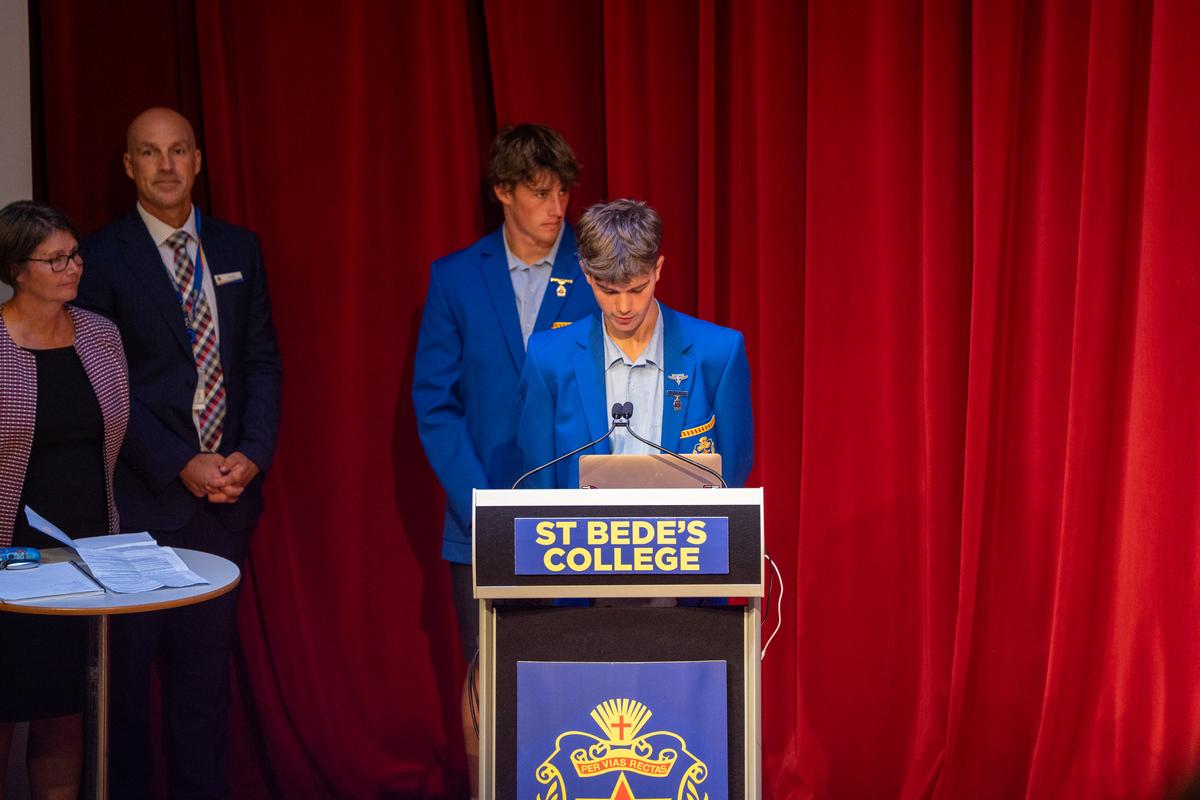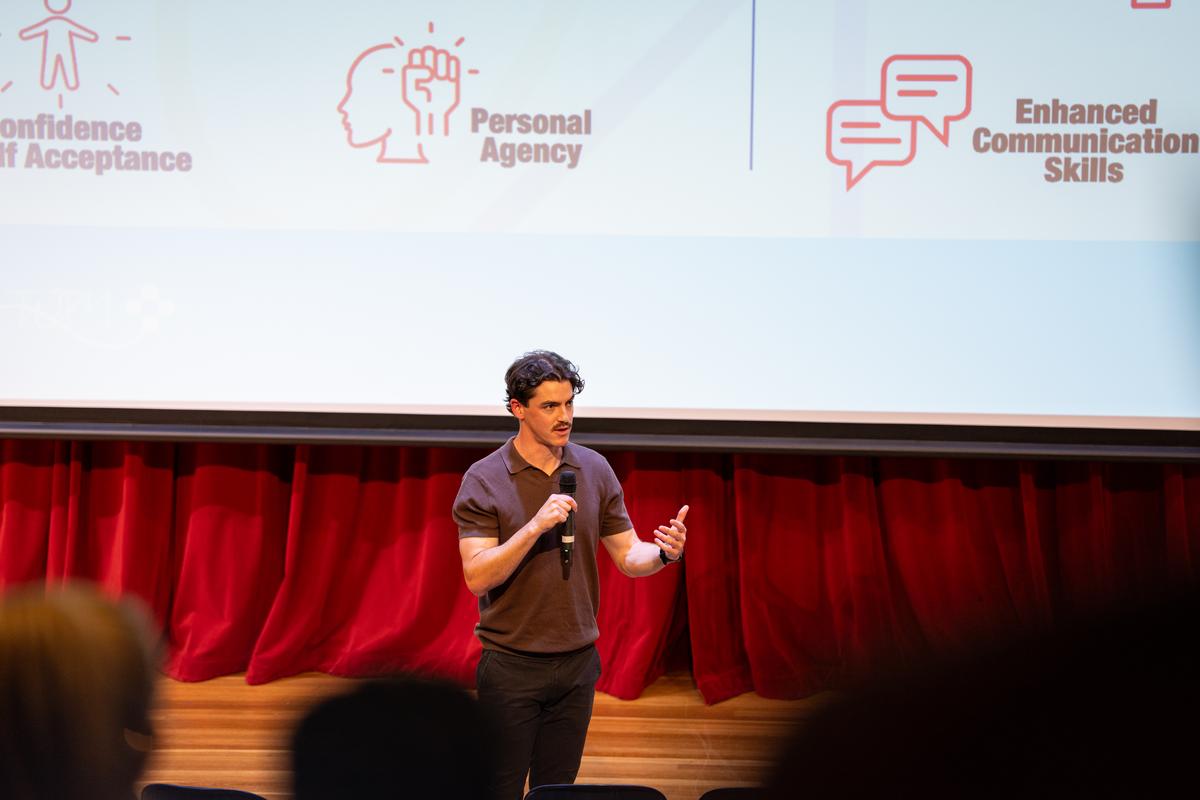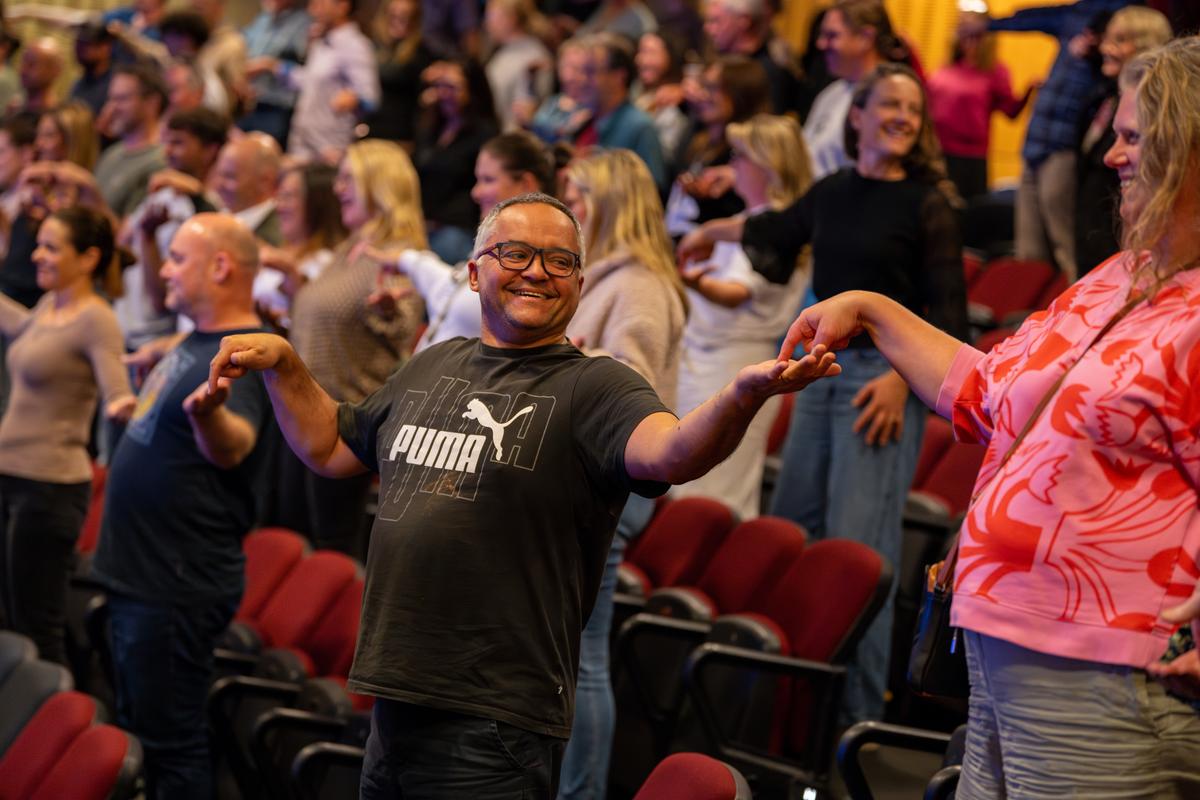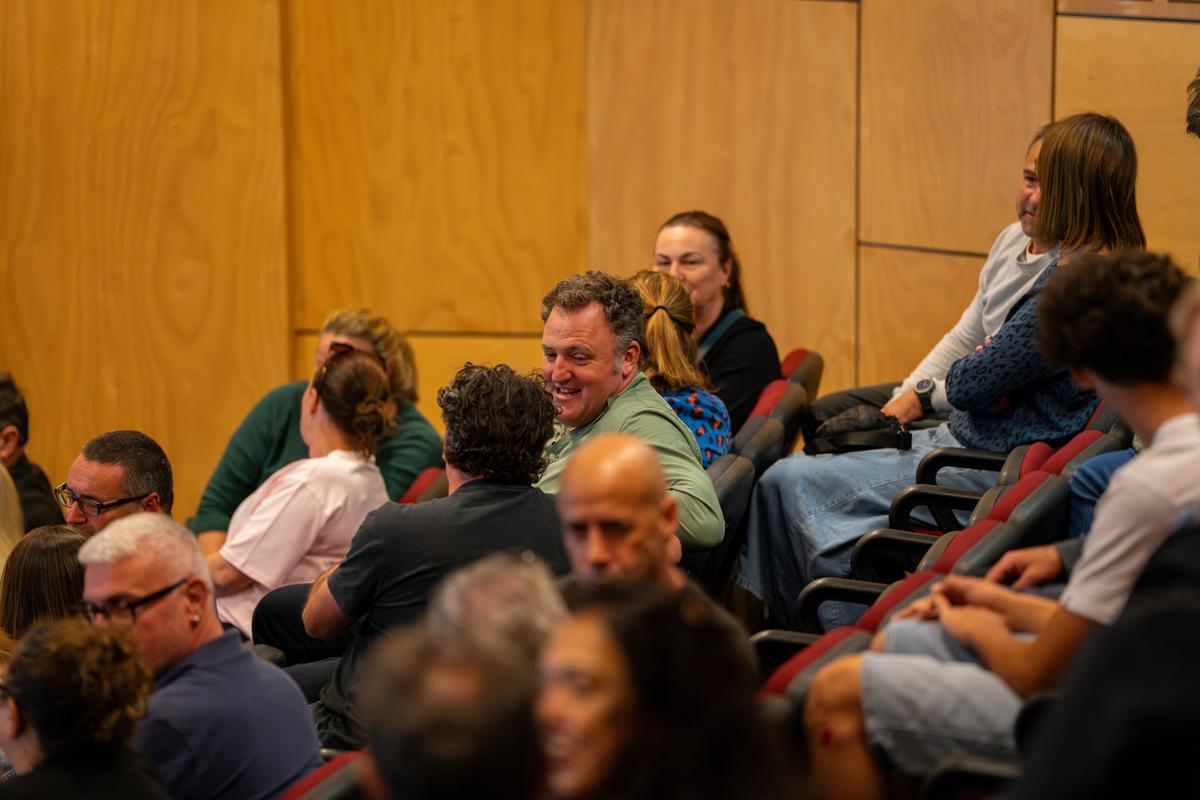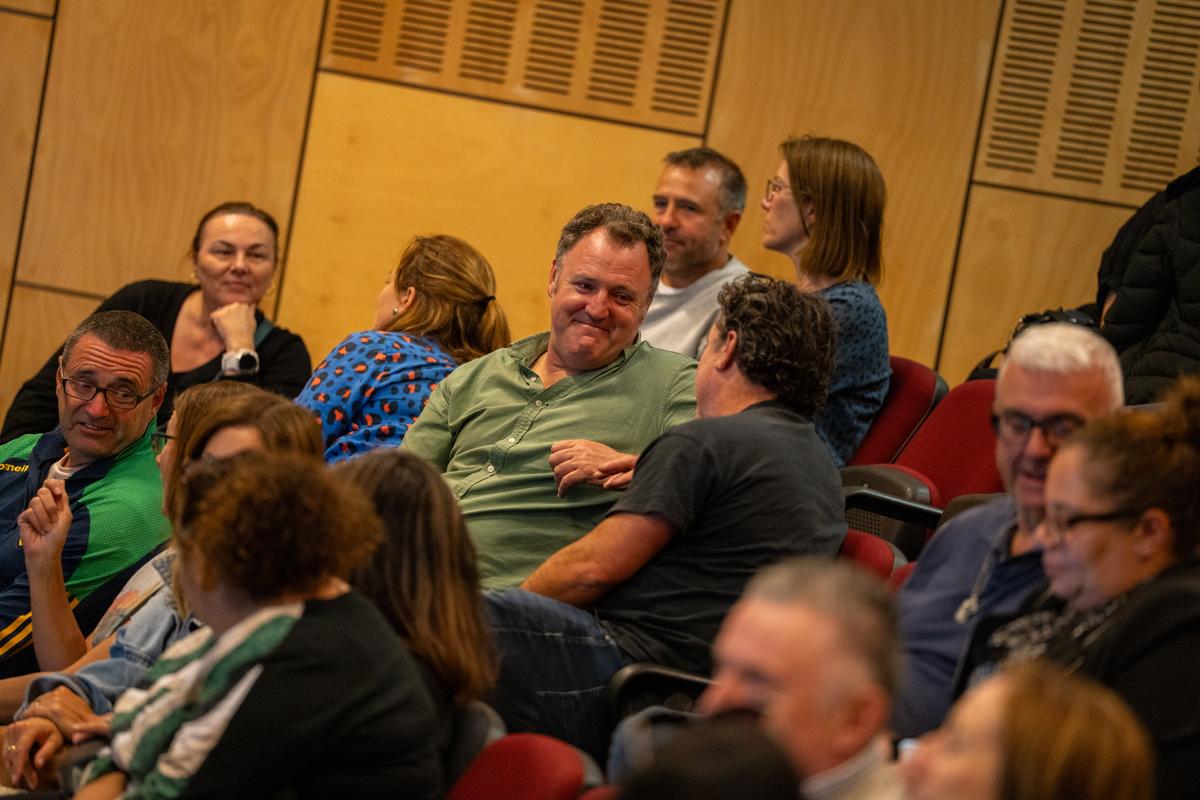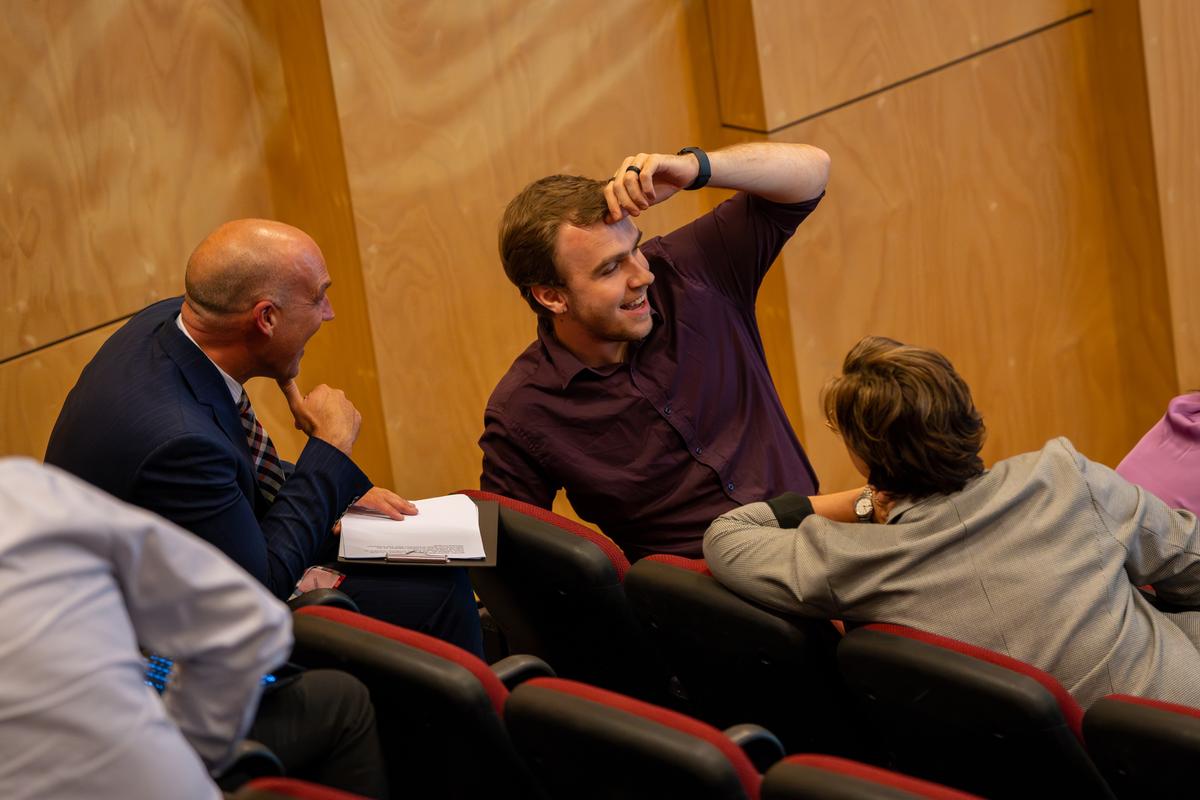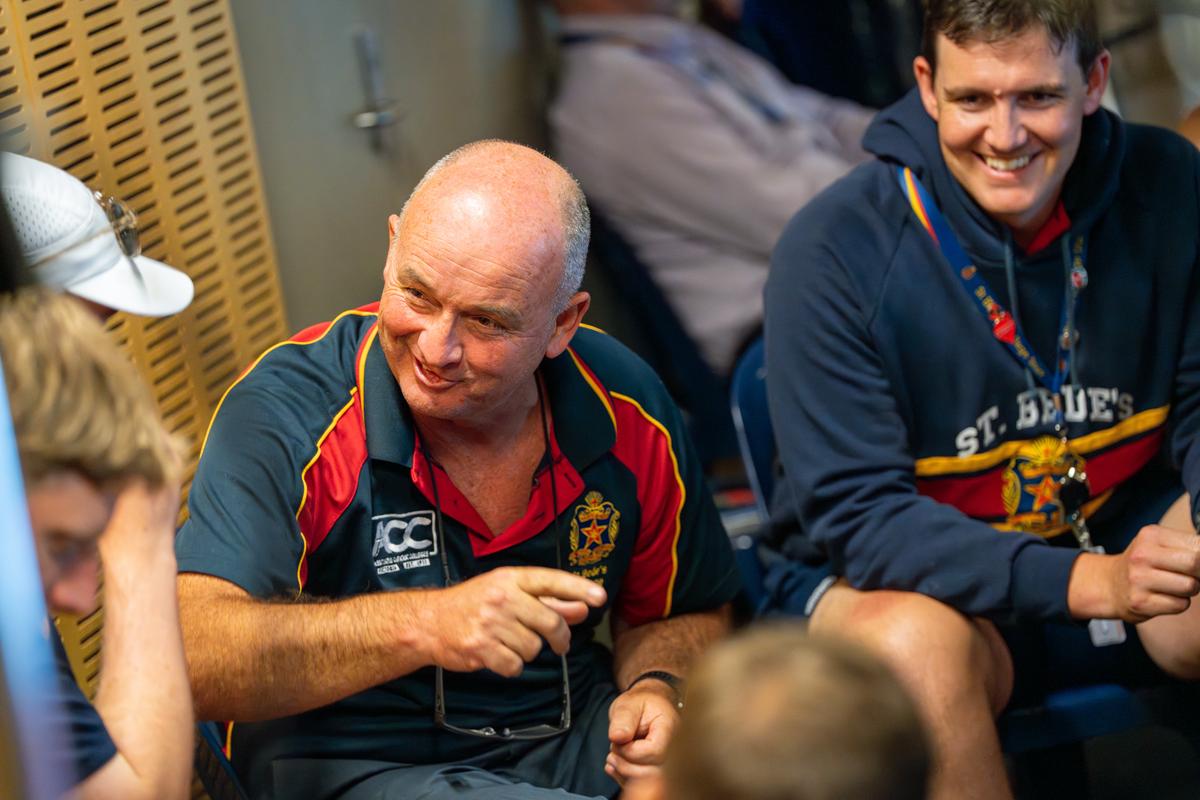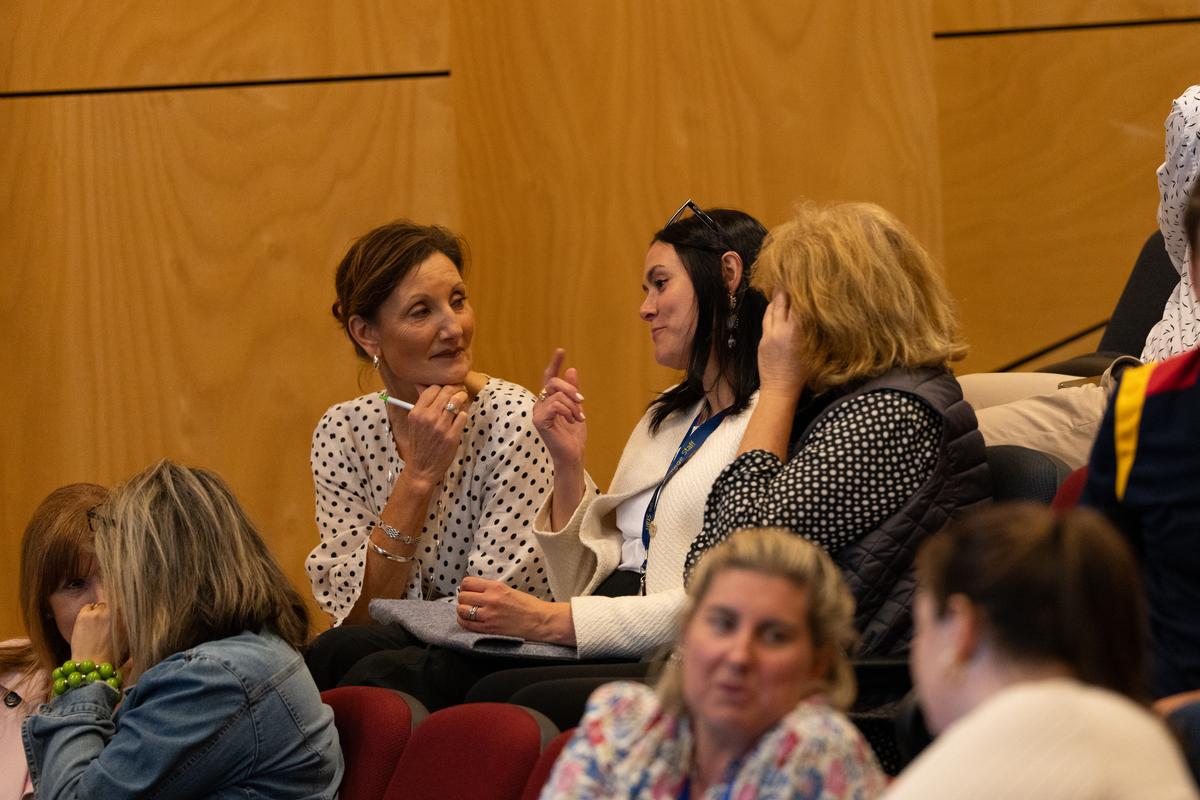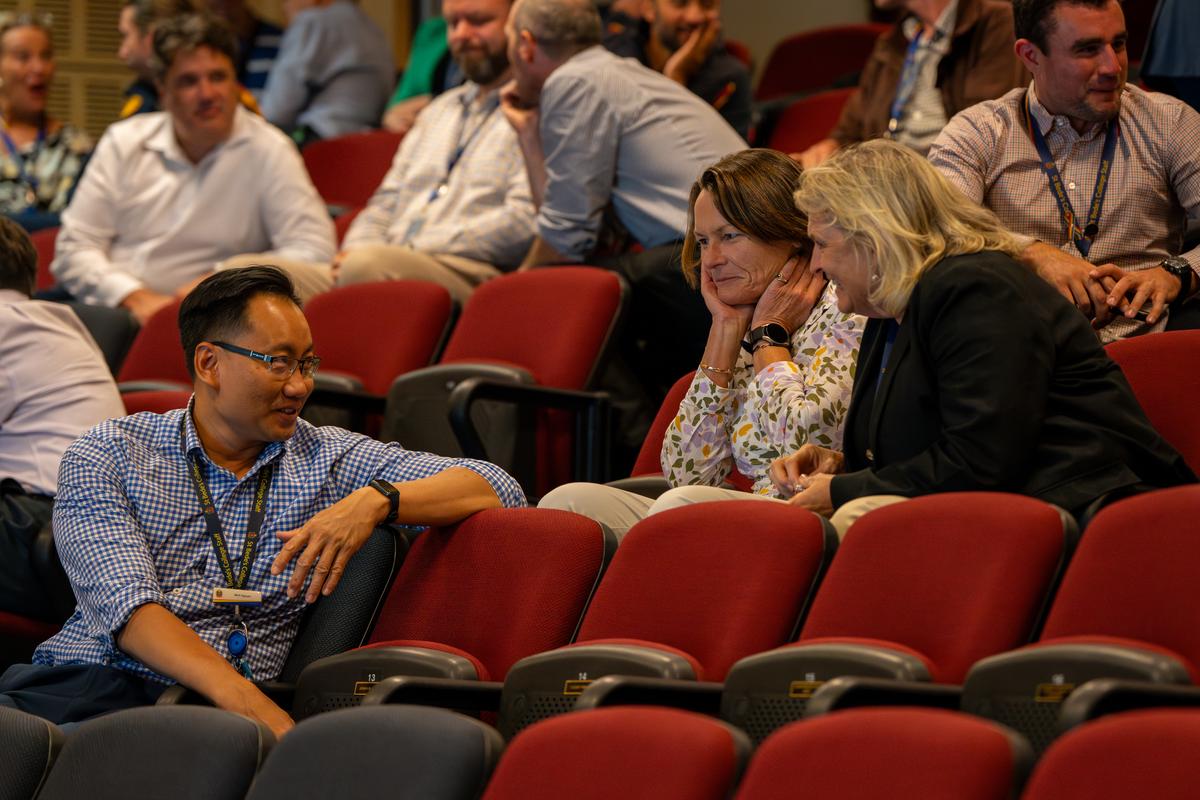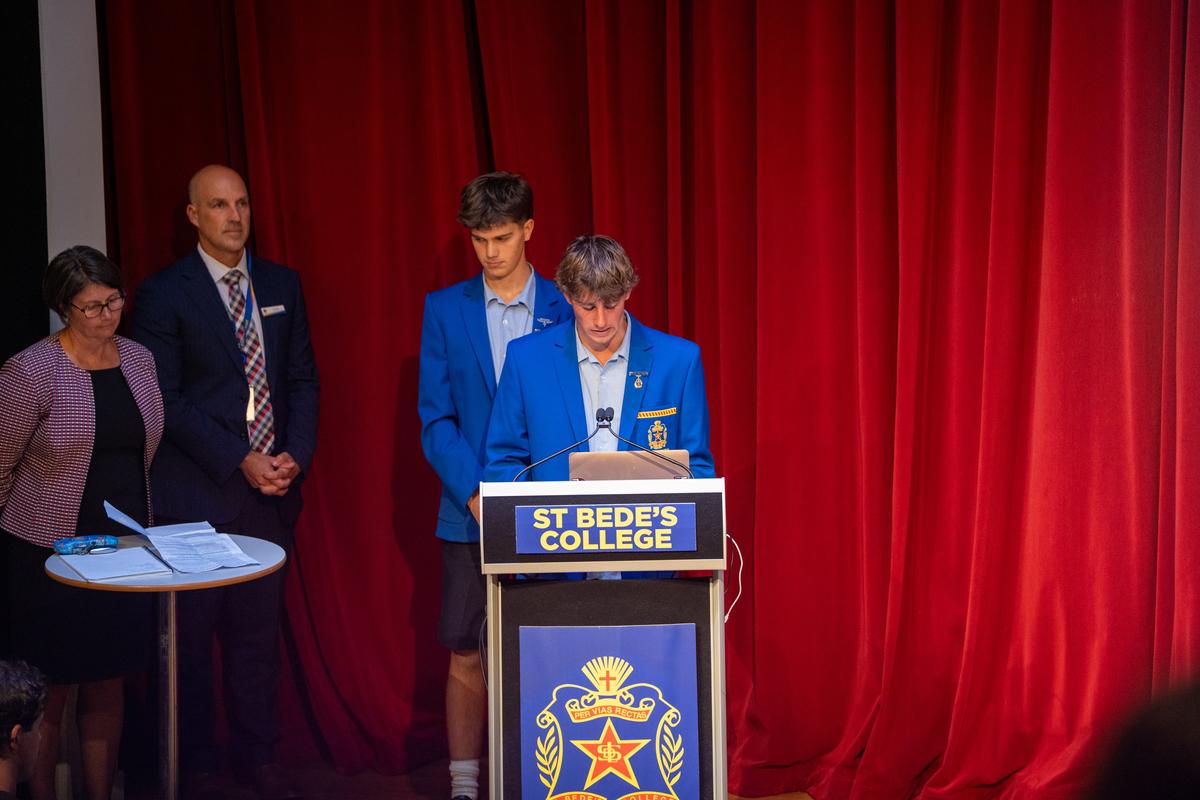Student Wellbeing
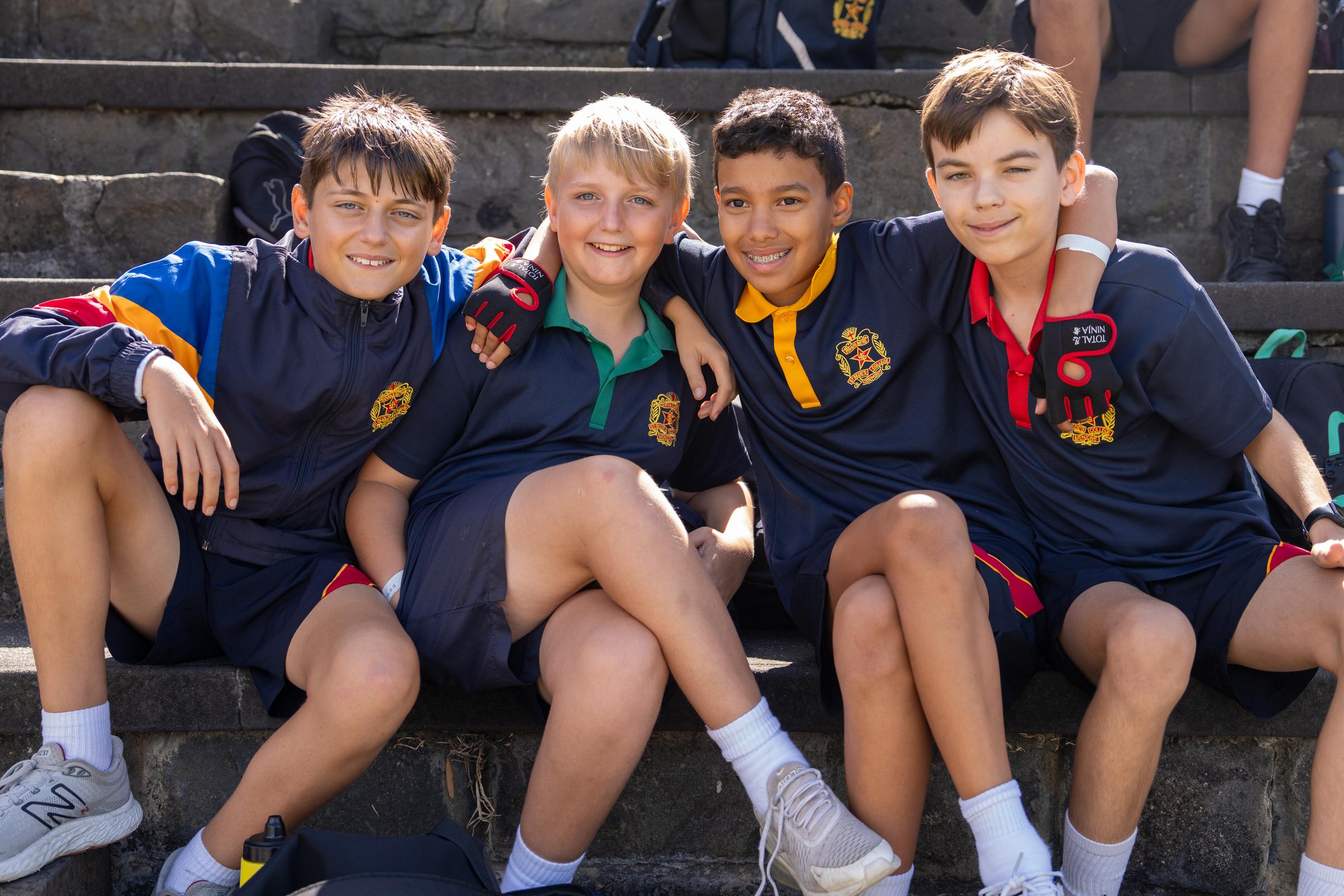
The National Day of Action Against Bullying and Violence
The National Day of Action Against Bullying and Violence is coming up on Friday 14 March. This provides an opportunity for all organisations with young people, especially schools to take a stand together against bullying and violence.
As a College, it is our collective responsibility to ensure that every student feels safe, valued, and supported in their learning environment.
Bullying is any repeated behaviour that is intended to hurt, intimidate, or isolate another person and can take more forms, including:
- Physical – hitting, pushing, or damaging belongings
- Verbal – name calling, teasing or threats
- Social – spreading rumours, exclusion, or public humiliation
- Cyber – using digital platforms to harass, intimidate, or harm others
In addition to bullying, we must also address the issue of violence within our College context. Violence, whether physical altercations, verbal aggression, or threats has no place in our learning environment either.
All forms of bullying and violence are unacceptable at St Bede’s College and will be dealt with accordingly. There are a number of ways in which we can - and do - prevent bullying and violence from occurring:
Speak up – If you witness any form of bullying or violence, don’t be a bystander. Call it out or report it to a trusted adult or staff member.
Be Kind and Inclusive – Small acts of kindness can make a big difference. Stand up for others and create a welcoming environment.
Educate and Discuss – Parents, talk to your children about bullying and encourage open conversations about their experiences.
Use Resources – In line with our Guiding Principles, we will welcome a number of guest speakers to the College to speak to groups of students about inclusion and looking after one another. Our College Counselling service is also always available for support and guidance in this area.
Promote Conflict Resolution – Encourage peaceful ways of handling disagreements, such as an open dialogue, mediation and seeking help from trusted adults and/or staff members.
Encourage Respect – Treating others with respect and understanding differences can help prevent conflicts from escalating into violence.
Create a Supportive Community – When students feel supported and heard, they are less likely to resort to violence. We need to continue to foster a culture of empathy and respect.
Our Guiding Principles
As is often the case, it is good to reflect on our College's Guiding Principles:
- God is our focus. God is spoken about and we give time and energy to worship and social action
- Brother/sister to each other. We always take care of each other. The older student will guide and care for the younger students. The Lasallian spirit of brotherhood/sisterhood will underpin all our actions
- Always be honest – no lying or cheating. The value of honesty is at the heart of relationships as St Bede’s College
- Respect for self, others and property. These are gifts and are sacred
- Achievement is valued. In the cultural, academic and sporting fields we strive to give our best effort
The College takes bullying and violence very seriously, and we are committed to ensuring that appropriate steps are taken to resolve any incidents. We will be recognising The National Day of Action Against Bullying and Violence on 14 March – keep an eye and ear out for ways you can get involved.
Let’s work together to make our College a place where everyone feels respected and supported. More information and resources can be found atBullyingNoWay.
The Resilience Project - Parent Webinar
Authentic Connection Session - Tuesday 11 March, 6.30pm
As a proud partner with The Resilience Project (TRP), we are very pleased to invite all Parents and Carers to take part in what promises to be a great Webinar conducted by TRP on Authentic Connection.
This one-hour session is hosted by Hugh van Cuylenbug, founder of TRP and combines new research with engaging storytelling to help understand the benefits of letting go of shame, perfection, ego and control.
The session aims to equip you with reflection and tools to enhance wellbeing and connection in relationships. These same evidence-based strategies are part of the Student Wellbeing program and TRP classes our students are taught, to holistically support ongoing growth.
Common Ground: Future Fit Masculinities
Our new Student Wellbeing program on Positive Masculinity has hit the ground running, bringing together our staff, families and students with a common goal of nurturing them to be their best selves.
Already in student workshops across Years 10 and 11, we have witnessed fantastic displays of shared openness, vulnerability, bravery, active listening and respect. We look forward to seeing their further growth and development as the program runs across the year.
Our gratitude to The Foundation for Positive Masculinity , Tomorrow Man, Dr Ray Swannand theCommon Groundteam for their passion and expertise in deepening our collective understanding of boys and creating change.
The Benefits Of Counselling
What College Counselling Offers
Our service is a confidential, professional and inclusive resource for all students from Years 7 to 12, across both campuses. It is designed to provide support for a range of issues, including but not limited to:
- Managing stress and academic pressures
- Building self-esteem and resilience
- Navigating friendships and social dynamics
- Coping with family changes or personal challenges
- Addressing feelings of anxiety or sadness, and many more
How Students Can Access Counselling
- Self-referring to the Wellbeing Coordinator counselling@stbedes.catholic.edu.au
- Drop-in to our Wellbeing Office at our Mentone Campus (near the Chapel gardens)
- Requesting a referral from their Homeroom/Tutor Group teacher, Year Level/House Coordinator on their behalf
- Requesting a referral from their Parent/Guardian on their behalf (either via counselling@stbedes.catholic.edu.au or 9582 5999)
College Counselling is tailored to each specific student and can be offered one-on-one or in a group context. Support can also last from a ‘one-off’ session to weekly/ongoing appointments.
How Families Can Support
As parents/guardian, your role in your child’s wellbeing is invaluable. Some ways you can assist your child include:
- Helping them establish a balanced routine that includes time for study, relaxation, and hobbies
- Encouraging healthy sleep habits and a nutritious diet to support their overall wellbeing
- Being attentive to changes in their behaviour or mood, and gently ask how they are feeling if and when you notice any changes
- Promoting positive self-talk and help them set realistic goals for themselves
- Modelling healthy coping strategies, such as managing stress or problem-solving constructively
- Celebrating their achievements, no matter how small, to boost their confidence
- Encouraging open conversations about their feelings and experiences – but accept and understand if and when they may not want to open up to you (if this is the case encourage them to seek help elsewhere)
- Encouraging and reassuring them that seeking support is a sign of strength, not weakness
- Staying informed about the services and resources the school offers
If you have any concerns about your child’s wellbeing or feel that they could benefit from additional support, please do not hesitate to contact your child’s Year Level or House coordinator of myself. Our staff here to work in partnership with you to ensure your child’s wellbeing is prioritised.
Thank you for your ongoing support. Together, we can ensure the 2025 academic year is a positive and enriching experience for your child.
Scott Cadby, PACFA Reg. Clinical (21605)
Psychotherapist
BA (Psych) MPsychotherapyCouns
College Counsellor and Wellbeing Coordinator
Email counselling@stbedes.catholic.edu.au
Phone 9582 5999
Social Media Safety
Social Media is an important tool to help students stay connected, communicate and express themselves. To help students have positive and safe online experiences, the Victorian Government has provided information about online safety and advice about what to do if anything goes wrong.
How secondary students can have a healthy relationship with social media, recognise online exploitation and what to do if something goes wrong online.
Helps parents and carers support their child to be safe online, recognise signs they need help and know what to do if they have an unsafe online experience.
The responsible use of Digital Technologies for schools is to engage with digital technologies in a safe and responsible manner, ensuring cybersafety and supporting student learning.

